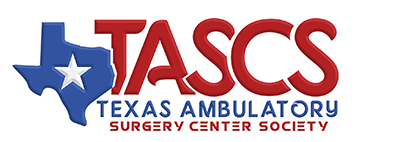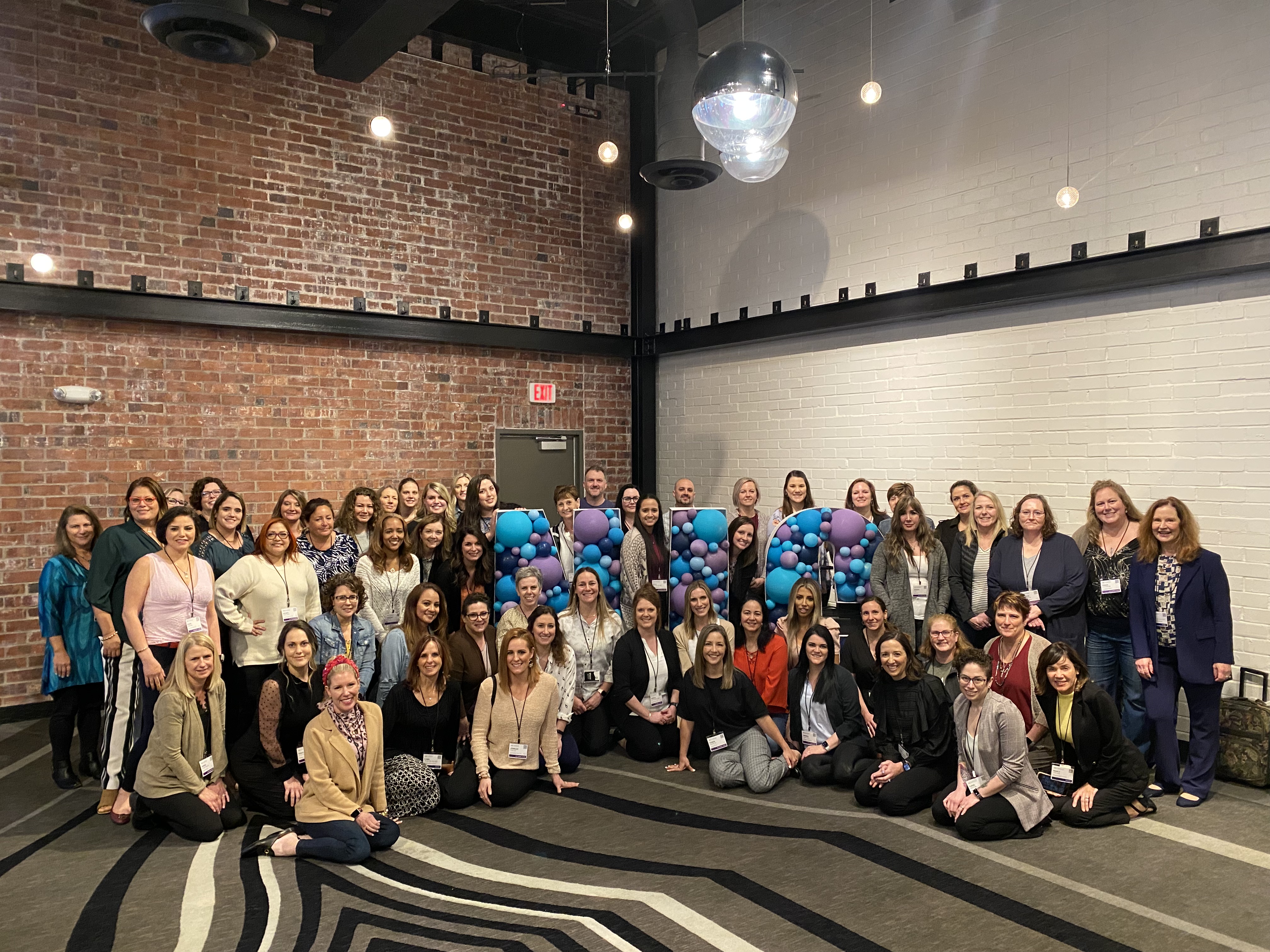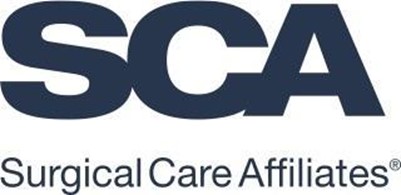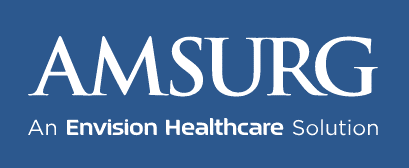The Vice President of Connected Care at HST Pathways explains the No Surprises Act and best practices to help surgery centers stay compliant.
On January 1, 2022, the No Surprises Act (NSA) took effect across the nation after bipartisan approval from Congress in December 2020. This new law establishes several requirements to enhance patient rights and eliminate surprise healthcare billing.
Through the NSA, surgery centers are considered “convening providers,” which means someone must coordinate how to obtain the cost for all providers working on a patient and show that estimate to the patient.









 Halosil International
Halosil International